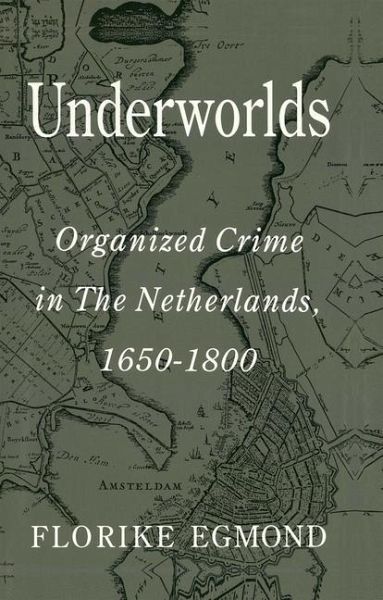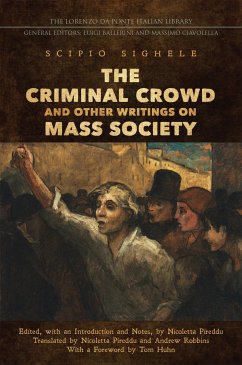
Underworlds
Versandkostenfrei!
Versandfertig in über 4 Wochen
78,99 €
inkl. MwSt.

PAYBACK Punkte
39 °P sammeln!
"Underworlds" is a lively account of organized crime and the world of marginal groups in the seventeenth- and eighteenth-century Netherlands. Rural banditry has often been associated with mountainous, poverty-stricken areas located at the peripheries of the European continent or on the borders between states. This book is about bands operating in the countryside of one of the most densely populated, economically developed, and pacified European states. It examines the nature of these criminal bands and the way they changed over time, probing the links between warfare, poverty, immigration, soc...
"Underworlds" is a lively account of organized crime and the world of marginal groups in the seventeenth- and eighteenth-century Netherlands. Rural banditry has often been associated with mountainous, poverty-stricken areas located at the peripheries of the European continent or on the borders between states. This book is about bands operating in the countryside of one of the most densely populated, economically developed, and pacified European states. It examines the nature of these criminal bands and the way they changed over time, probing the links between warfare, poverty, immigration, social exclusion, stigmatization, and involvement in rural organized crime. At the same time "Underworlds" presents an historical anthropology of marginal groups in the Dutch Republic. Investigating the enormous cultural diversity of organized crime and the prominent role of ethnic minorities (East Europeans, Jews and Gypsies), Egmond establishes the existence of a variety of 'underworlds' rather than of a single 'criminal organization'. Drawing extensively on criminal archives, the author reconstructs the ways of life and activities of people whose existence has remained largely hidden behind the conventional accounts of Dutch society.














